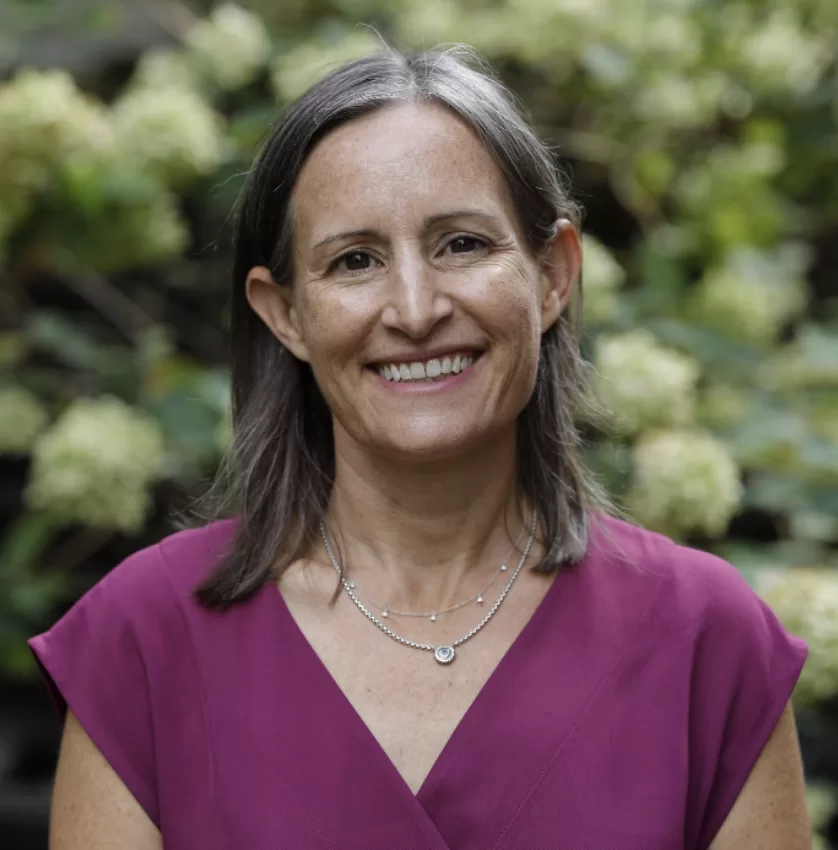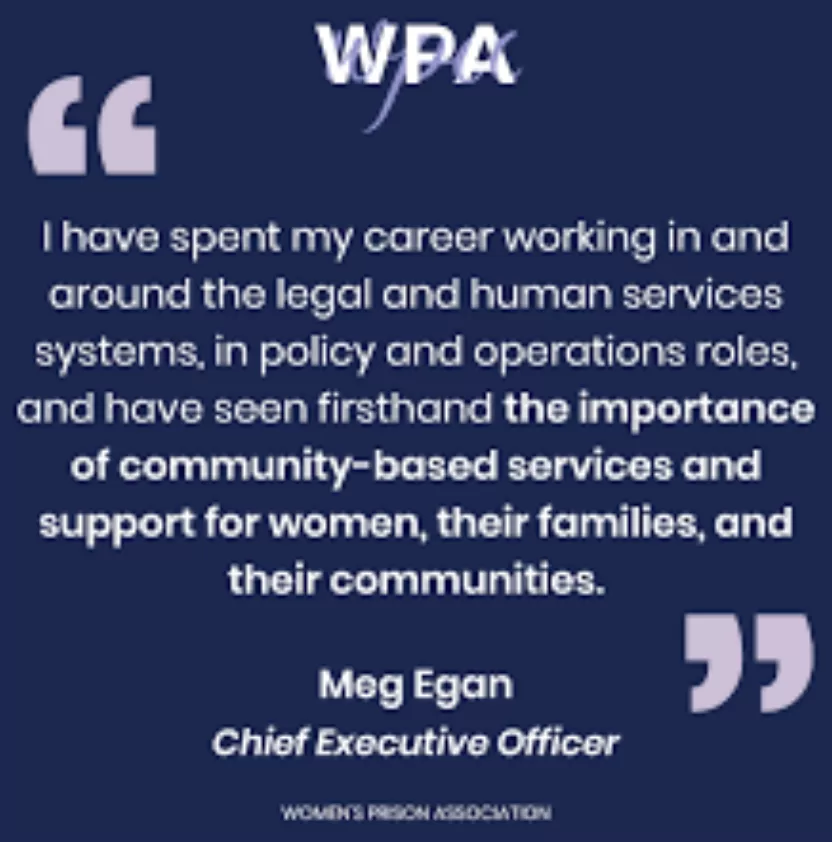The Women’s Prison Association (WPA) stands as a beacon of transformative justice in a system often defined by punishment and isolation. As the oldest organisation in the United States dedicated to supporting women impacted by incarceration, their 180-year legacy offers profound insights into what effective justice reform truly requires. My conversation with Meg Egan, WPA’s CEO, revealed how this historic institution continues to evolve while staying true to its founding principles.

Founded in 1845, long before criminal justice reform became a mainstream topic, WPA built its mission on a revolutionary premise: incarceration should not condemn anyone to a lifetime of poverty, stigma, or disconnection. Their approach addresses the actual root causes that lead to system involvement – poverty, trauma, mental health challenges, structural racism, gender-based violence, and the criminalisation of survival behaviours. This holistic understanding informs every aspect of their work.
What makes WPA particularly effective is their comprehensive continuum of care. They support women before, during, and after incarceration, creating an “infrastructure of service” that serves as an off-ramp from the criminal legal system. Their programming spans housing support, mental health services, legal advocacy, employment preparation, and family reunification – all designed with trauma-informed principles at their core. Importantly, they define “women” in the broadest sense, serving anyone who identifies as a woman or is gender-diverse.
The organisation’s Justice Home program exemplifies their innovative approach. This alternative to incarceration initiative allows women to remain in their communities with their families while receiving intensive support and case management. Rather than adapting a program designed for men, Justice Home was specifically created to address women’s unique needs and circumstances. Participants work with case managers to develop individualised plans addressing everything from housing stability to mental health care to childcare – all while navigating court mandates that can eventually lead to dismissed charges.
Perhaps most powerful is WPA’s commitment to employing people with lived experience. Meg shared the story of Merlin Mejia, a former Justice Home participant who now works as a case manager in the same program that changed her life. As a young single mother studying criminal justice in college when she encountered the system, Merlin found in WPA the understanding and support she needed. After completing her mandate and participating in WPA’s employment program, she joined the team, bringing her unique perspective and passion to helping others navigate similar challenges.
The organisation’s newest initiative, The Rise, represents a significant expansion of their housing-focused work. This permanent supportive housing development in Brownsville, Brooklyn provides 72 units, with 47 dedicated to justice-impacted individuals (37 for women and 10 for men). The trauma-informed design includes ample natural light, soft surfaces, and welcoming community spaces. Unlike transitional housing programs, The Rise offers permanent homes where residents can build stability and thrive for as long as they choose, with ongoing support services available on-site.
What becomes clear through WPA’s work is that true public safety comes not from punishment but from community investment. By addressing the fundamental needs for housing, trauma care, and genuine opportunity, WPA demonstrates how we might create systems that heal rather than harm. Their approach recognises that most women in the system are mothers, and that maternal incarceration has devastating generational impacts on families and communities. By keeping mothers with their children and providing the support both need, WPA offers a common-sense public safety response that strengthens rather than fragments families.
As Meg noted, “If you want to reduce crime, really providing support for families so that they are stable and remain connected is both essential and obvious.” After nearly two centuries of this work, WPA continues to prove that investing in people and communities, not punishing them, remains the most effective path to justice and healing.

